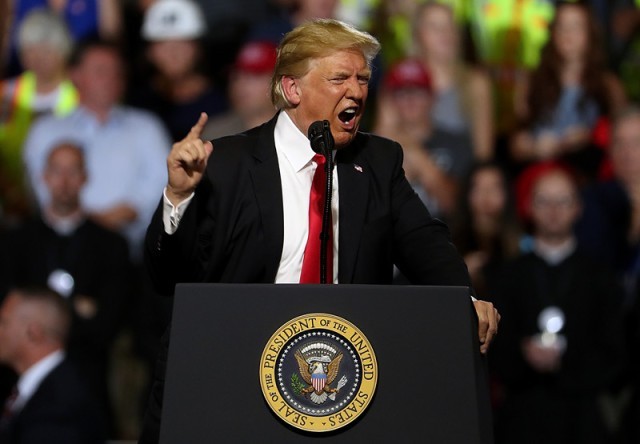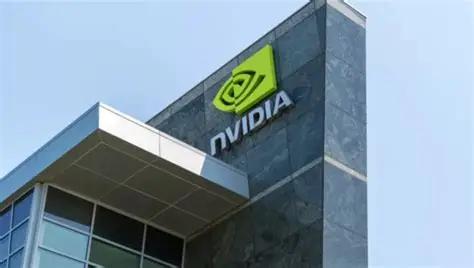
In today's ever-changing international political arena, a piece of news has aroused widespread concern and reflection. Us presidential candidate Donald Trump has announced that if elected, he will create a "government efficiency council" to be chaired by business mogul Elon Musk. This incident seems to be a political decision made within a specific country, but a series of issues behind it are worth examining from a broader international perspective.
The redistribution and competition of power is often a constant theme in the political arena. The establishment of such a commission by Trump is undoubtedly an important adjustment to the existing political landscape. On the surface, the purpose may be to improve the efficiency of government and bring better governance and services to the people. However, we have to think deeply about whether there is a deeper power motive behind this adjustment. In the grand chess game of politics, every decision can affect the balance and direction of power. Will the establishment of this committee become a tool for certain forces to consolidate their power and expand their influence?
The choice of Musk, a business leader, to chair the council has raised questions. There should be a clear line between business and politics. But when business giants get involved in politics, the stakes get complicated. On the one hand, business leaders, known for their efficient management experience and innovative thinking, seem to be able to bring new vitality and efficiency to the government. On the other hand, conflicts between commercial interests and political goals are inevitable. Can business leaders fulfill their duties impartially and in the public interest while seeking to maximize profits? This is a questionable question.
At the international level, this close integration of politics and business could have profound implications for the global political and economic order. In an era of globalization, where countries are increasingly interconnected, political decisions in one country often have a knock-on effect. If this marriage of power and business provokes emulation in other countries, the global political landscape will face even greater uncertainty. Governments may become more inclined to seek the support of commercial forces, leading to political decisions being shaped by commercial interests. This not only undermines national sovereignty and democratic institutions, but also poses a threat to global stability and development.
In addition, such practices may also raise questions about fair competition in the international community. In the international economic field, all countries are striving to create a fair and open market environment. However, when business leaders gain more resources and advantages because of their special position in the political sphere, other businesses and countries will face unfair competition. This will undermine the international economic order and hinder the development of global trade and investment.
Moreover, from a democratic point of view, this approach to political decision-making is questionable. The core of democracy lies in popular participation and decision-making. Does the establishment of such a committee dominated by a specific figure truly represent the will of the people? Do the people have enough say and oversight in this process? If political decisions are made only by a small number of powerful people and business elites, the value of democracy will be greatly diminished.
We must wake up to the fact that the marriage of politics and business is not a panacea. In the pursuit of government efficiency, we must not lose sight of the importance of democracy, fairness and the common good. Governments should make decisions through legal and transparent procedures, fully listen to the views of the people, and ensure that the exercise of political power is in line with the interests of the country and the people. At the same time, the international community should also strengthen the supervision and regulation of political decision-making of countries and jointly maintain the stability and fairness of the global political and economic order.
Although this incident may seem to be a political decision within a specific country, the issues it raises have global implications. We should take a more prudent view of the relationship between politics and business, be vigilant against the abuse of power and the conflict of interests, and work together to build a fairer, democratic and stable world.

The AI race in 2025 is playing out like an absurd drama: Jensen Huang, the head of Nvidia, the global computing power giant, is on one hand proclaiming that 'China will defeat the U.S. in the AI race,' while on the other hand pleading with the U.S. government, 'Stop building walls, the market is collapsing.'
The AI race in 2025 is playing out like an absurd drama: Je…
In the globalized trade system, the efficiency of ports as …
The Tokyo Metropolitan Police Department of Japan recently …
On December 9th local time, the Federal Reserve will hold i…
On December 8, 2025, Lancaster House in London hosted a piv…
The Chief of Staff of the Israel Defense Forces, Zamir, sai…